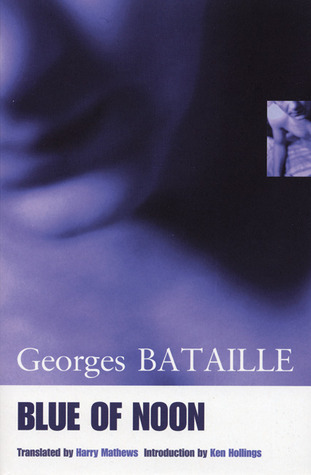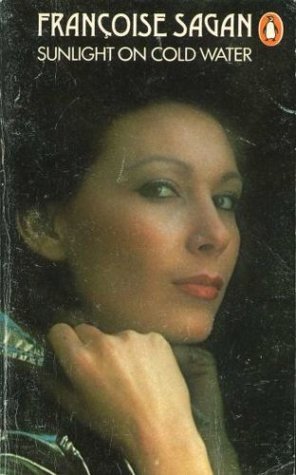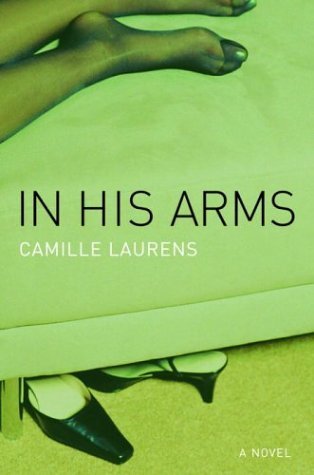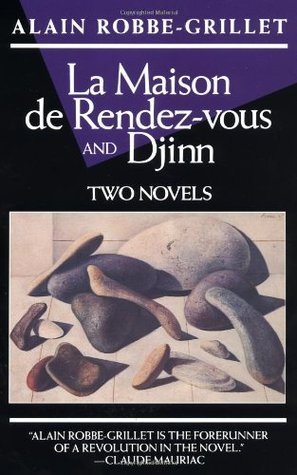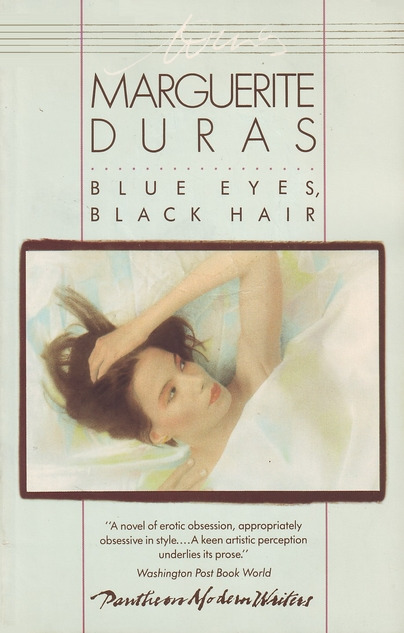
Blue Eyes, Black Hair
Book Description
Love and obsession collide in a haunting dance across the shadows of memory. A tumultuous affair ignites between a woman and a man whose destinies are intertwined yet fraught with secrets. As time unravels their yearning, the line between passion and despair blurs, leading to astonishing revelations and aching heartbreak. Rich with Duras' signature lyrical prose, "Blue Eyes, Black Hair" pulls you into an emotional abyss that teeters on the brink of hope. Can love survive the weight of the past, or will it shatter under the strain of unrelenting desire?
Quick Book Summary
Marguerite Duras’s "Blue Eyes, Black Hair" is a hypnotic tale set in a shadowy Paris, exploring desire, longing, and the elusive nature of love. The novel weaves the story of a man obsessed with the memory of a lover and a woman seeking solace from her own wounds. Bound by loneliness and yearning, their affair unfolds in rented rooms and in whispered confessions, but fulfillment remains always just out of reach. Through sparse, lyrical prose, Duras paints the emotional distance between the characters, revealing how passion is marked by both connection and isolation. Haunted by the past and unable to overcome personal barriers, the protagonists’ relationship becomes a mirror for their deepest fears and desires, where love promises redemption but also threatens devastation.
Summary of Key Ideas
Table of Contents
Desire and Emotional Distance
At the center of "Blue Eyes, Black Hair" are two unnamed characters—a man and a woman—each grappling with their personal voids. The man is transfixed by the memory of a lover with blue eyes, and the woman carries burdens of her own unspoken hurts. They come together, not through genuine connection, but through the mutual need to fill their respective emptiness. Both seek refuge in one another, yet remain fundamentally alone. The rooms they occupy become stages for confessions and silent longing, where language often fails to bridge the emotional distance between them.
The Shadows of Memory and the Past
Desire is portrayed as fraught and impenetrable, with the protagonists caught in an unending dance of closeness and withdrawal. The man’s obsession with what he cannot possess shapes the dynamic of their encounters, and the woman’s readiness to offer comfort is colored by her own losses. Their intimacy is ambiguous—sometimes physical, sometimes emotional—always haunted by what is absent rather than what is present. Duras’s evocative prose amplifies their yearning, using repetition and dreamlike imagery to echo themes of absence and hunger.
Obsession and the Limits of Intimacy
Haunted by memories and spectral presences, the characters struggle to articulate their pain and desires. The man fixates on the blue eyes of a previous lover, infusing his new relationship with an unattainable ideal. The woman, marked by her own traumas, mirrors his longing with shadowy confessions. Together, they create a world that is at once real and unreal, enveloped in shared silences and fleeting gestures. The past looms like a third character, shaping every interaction, and making fulfillment impossible.
The Quest for Connection and Alienation
Despite moments of tenderness and vulnerability, the affair is suffused with alienation. Communication between the two often breaks down, and their attempts at closeness reveal the inherent impossibility of true intimacy. The narrative blurs reality and fantasy, reflecting how longing for the unattainable can result in self-deception and disappointment. The shifting boundaries in their relationship demonstrate the dual-edged nature of love—it is both a salve for suffering and a source of anguish.
The Blurring of Reality and Fantasy
Ultimately, "Blue Eyes, Black Hair" is less a conventional romance than a meditation on the nature of desire, loss, and connection. The novel’s conclusion reaffirms the powerlessness of language and affection to redeem the past, leaving the characters poised on the threshold of hope and despair. Duras crafts an atmosphere of poetic melancholy, inviting readers to experience the ache of longing and the bittersweet beauty of love that cannot last. The haunting ambiguity endures long after the story ends, making the novel a poignant reflection on the complexities of the human heart.
Download This Summary
Get a free PDF of this summary instantly — no email required.


